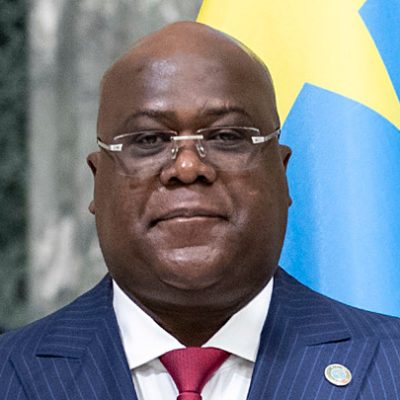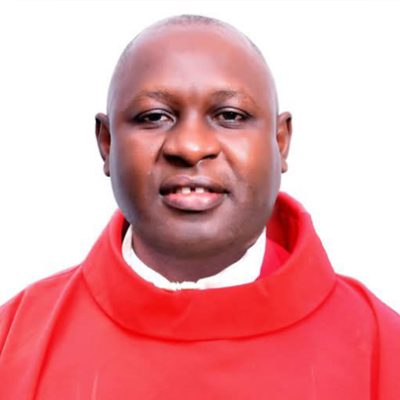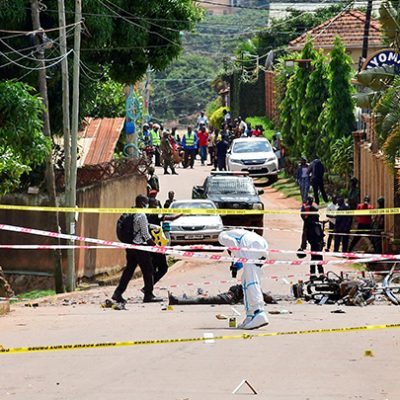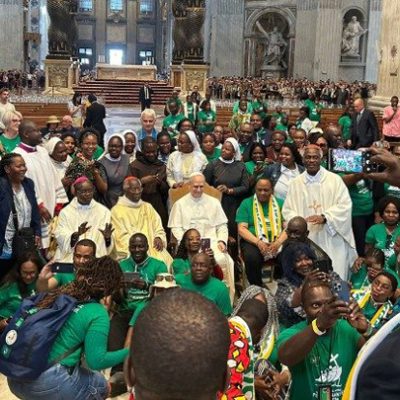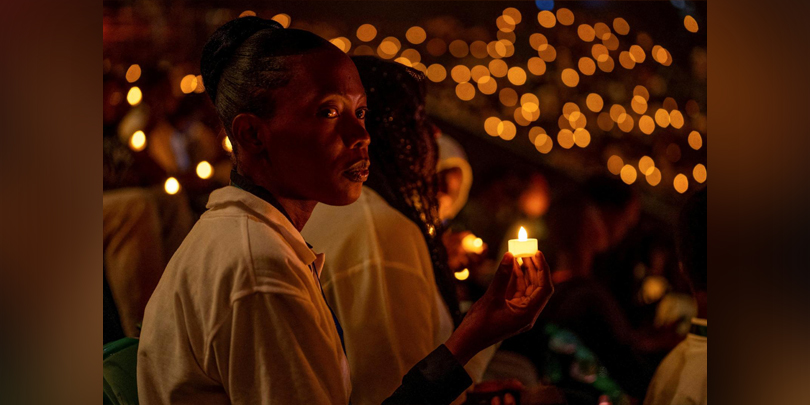
As Rwanda marks 30 years since the 1994 genocide, the Catholic bishops in the country have expressed their closeness to survivors of the killings, while urging those convicted of crimes to seek forgiveness. Source: OSV News.
The bishops spoke as the East African nation of 14 million people began a weeklong mourning period on Saturday to remember nearly 1 million killed in 100 days of slaughter.
“This crime caused misfortune and pain, the depth and breadth of which only God knows. Hearts still bleed, wounds are still fresh,” Bishop Anaclet Mwumvaneza of Nyundo, president of the Rwandan bishops’ Justice and Peace Commission, said in a statement.
He said he sends “a message of consolation and closeness to the survivors of the genocide in this moment of deep pain for the loss of their loved ones.”
The massacre was triggered on April 6, 1994, when suspected rebels shot down a plane carrying Hutu President Juvénal Habyarimana. Ethnic Hutu extremists blamed the incident on the Tutsi ethnic group led by the Rwandan Patriotic Front (RPF) and went on a killing spree, targeting ethnic Tutsis and moderate Hutus.
What was eventually called genocide, and is now considered one of the most horrific mass ethnic murders of the 20th century, ended in July 1994 with the arrival of RPF. The official death toll stood at 800,000, but Rwandans say the genocide took more than a million lives and thousands of others were pushed out as refugees. Thousands of women and girls had also been raped.
Bishop Mwumvaneza said the road to healing over the past 30 years was long, but saw actions aimed at rebuilding the country.
He added that the Church had encouraged forgiveness as a remedy. “Forgiveness requested, given and received constitutes the foundation of good human relations.”
FULL STORY
Rwandans mourn genocide victims, survivors continue healing journey (By Fredrick Nzwili, OSV News)



